Author: Chris YuanMember of the InnovaSpace Board of Advisors; CoFounder Planet Expedition Commander Academy (PECA), Explorers Club member, Space Dreamer... "Bang bang bang, bang bang," there was a knocking sound from the water. This is an 18-foot-deep pool in the diving hall of Nanning City Gymnasium in Guangxi. Two PECA (Planet Expedition Command Academy) trainees: Hannah and Selina, wearing scuba diving gear, are stitching together a satellite model underwater, which is designed with PVC pipes of different colours that are removable and can be spliced together. This training involves scuba divers simulating the role of space station EVA astronauts, capturing and repairing damaged satellites. The person under training must maintain neutral buoyancy during the whole process and retain sober analytical and hands-on ability under the conditions of maintaining air consumption, completing the assembly of the satellite model and bringing it out of the water. Hannah and Selina are mother and daughter, and Selina had just graduated from college and planned to have a gap year. The pair chose to participate in the 3-month PECA general training course. The scene just described was their training subject for PECA's second physical space, Ocean Planet: astronauts completing space missions in a simulated weightless state. They started from scratch and had already successfully completed the first physical space: Earth-Mountain Exploration, in which they completed a 10-day cross-country horseback trek on the Qinghai-Tibet Plateau, and finally entered Tibet on horseback, after completing 235 kilometres of horseback riding. Finally they arrived in Guangxi, China and experienced a lot of confined water training, cave diving, to adapt to the exploration of the underwater world, and simulate future space travel. Selina had no previous experience with such a wide range of different exploration types, and when asked if she worried about whether she would be up to the challenges of the training, she said: "I chose to take this step, that is, I chose to face the unknown changes." The PECA curriculum has been seeking a path that connects the ordinary person at one end, with at the other end the coming age of great sailing for civilian space exploration (see also previous blog). Space exploration in the minds of most people is a national strategy, a game for a few people financially supported by the government, and super-rich people. Several of my friends have asked me a similar question, a pointed question: "How do you think that space travel can become a majority movement in the future? How is their training program different from official astronauts?" Allow me to start with a story. Fifteen years ago, I rode a mountain bike alone from the Ger-mud area of Qinghai to Lhasa, Tibet, and then continued on until I reached the base camp of Mount Everest. This is the highest road in the world. My journey lasted 40 days, was 2200km and ended at the highest altitude of the Everest Base Camp. I later wrote a book "Through Your Eyes, See My Soul - 40 Days of Everest Ride". Some readers asked me the same question: "What is the most important prerequisite for a beginner who will ride the Qinghai-Tibet line? Sufficient money or physical reserves?" After thinking carefully, I replied: Neither of the two you mentioned are the most important, the most important thing is the ambition you have to go, it's the determination, it's the emotion. With that first push, money and other things follow." Think about it, it took only 66 years from the Wright brothers first successful test flight of their plane to the landing of a man on the Moon! Today, commercial space travel is a completely different scenario, requiring the participation of thousands of ordinary people at various levels. They are emotionally engaged, they are emotionally involved, and deeply experientially involved. We can only estimate just how many people dream of space exploration (a considerable number I believe) but do not have any background in STEM, physics, engineering, or a background as an air force pilot. If they want to be future astronauts, what pathway do they need to take? What kind of training program would they need? AWAKEN AND LET YOUR HEART GO FIRST - that's my point! "From home star expedition to outer space expedition", this is PECA's slogan. The PECA philosophy is not to escape from Earth, but to look at the inner relationship between our Earth and the extraterrestrial space from the perspective of a more transcendental ecological civilisation. Caring for the home planet and the ability to explore space are equally important and develop at the same time. Sometimes we forget that all our training on Earth is indeed space training. Our home planet, Earth, is itself the most special planet in the solar system. We believe that although most people are temporarily unable to personally break through the space limitations of the cradle of the Earth and go to space, we can train a person to prepare their inner "first push" through various courses on training for cross-over skills on the home planet power”, ready for their first space exploration journey in terms of values, passion, finances, and capabilities. At the same time, we will be building a large community of civilian space astronauts. "Civilian space exploration" need not be the prerogative of a select few at the top of the pyramid from the elite of the physical sciences and air force services, nor is it necessarily the product of a national strategic plan. Since 2019, I myself have planned to become a commercial astronaut within the next 10 years and create a multinational company promoting civilian space exploration. My life is full of "cross-border" tasks and difficult but fun "from 0 to 1" planning work. For the better part of the past 14 years, I have lived and worked in Tibetan communities in the highlands of China. In the Qinghai-Tibet Plateau, Pakistan, and Central Asia, we have established a Horseback Planet Society. In addition to having a deep affection and understanding of mountains, I also became a Padi scuba and freediving instructor in order to explore the "inner space" of Earth - the ocean world. In the five years from 2016 to 2021, I have spent considerable time diving and exploring the oceans in China, Vietnam and the Philippines. We observed that on our cooperation platform, young people are full of passion and motivation to participate in mountain outdoor and underwater exploration. According to the release of our sports travel company Newland LTD (www.newlandclub.com/), since July 2016, an average of 6,000 people every year have participated in horseback cross-country riding in the Qinghai Lake area of China in the PECA series of courses, and more than 300 people have become Five-star Master Rangers of the Horseback Planet Society. Of these trainee customers, more than 500 have continued on to explore the second physical space - the underwater world. After they obtain their licence for diving, PECA encourages students to enter the space exploration phase in order to complete their PECA General Training Course. In the past 3 years, a total of 11 trainees (8 girls, 3 boys) have chosen to enter this next and final phase, of which 4 girls passed successfully. Ordinary people with zero foundation and zero experience can become successful graduates and learn new skills in the Qinghai-Tibet Plateau and the warm seas of southern China. This experience will take more than 90 days to complete, and need a budget of around $8,000-$12,000. In addition to the rich theoretical and practical courses of Earth-Underwater-Space exploration, students also benefit from their Crossfit physical training and team sports activities. Overall, the PECA general training curriculum system is like a pyramid-based incubator, constantly selecting people in the world who are most willing to invest their time, money, energy and self-education for future civil space travel. They will become an ongoing support resource for groups at the top of the pyramid. More than this though, the purpose of PECA is to build a community of leaders for the Global Citizen Civil Space Travel Association, and graduates will take their place in this community of future space travellers.
Comments are closed.
|
Welcometo the InnovaSpace Knowledge Station Categories
All
|
InnovaSpace Ltd - Registered in England & Wales - No. 11323249
UK Office: 88 Tideslea Path, London, SE280LZ
Privacy Policy I Terms & Conditions
© 2024 InnovaSpace, All Rights Reserved
UK Office: 88 Tideslea Path, London, SE280LZ
Privacy Policy I Terms & Conditions
© 2024 InnovaSpace, All Rights Reserved
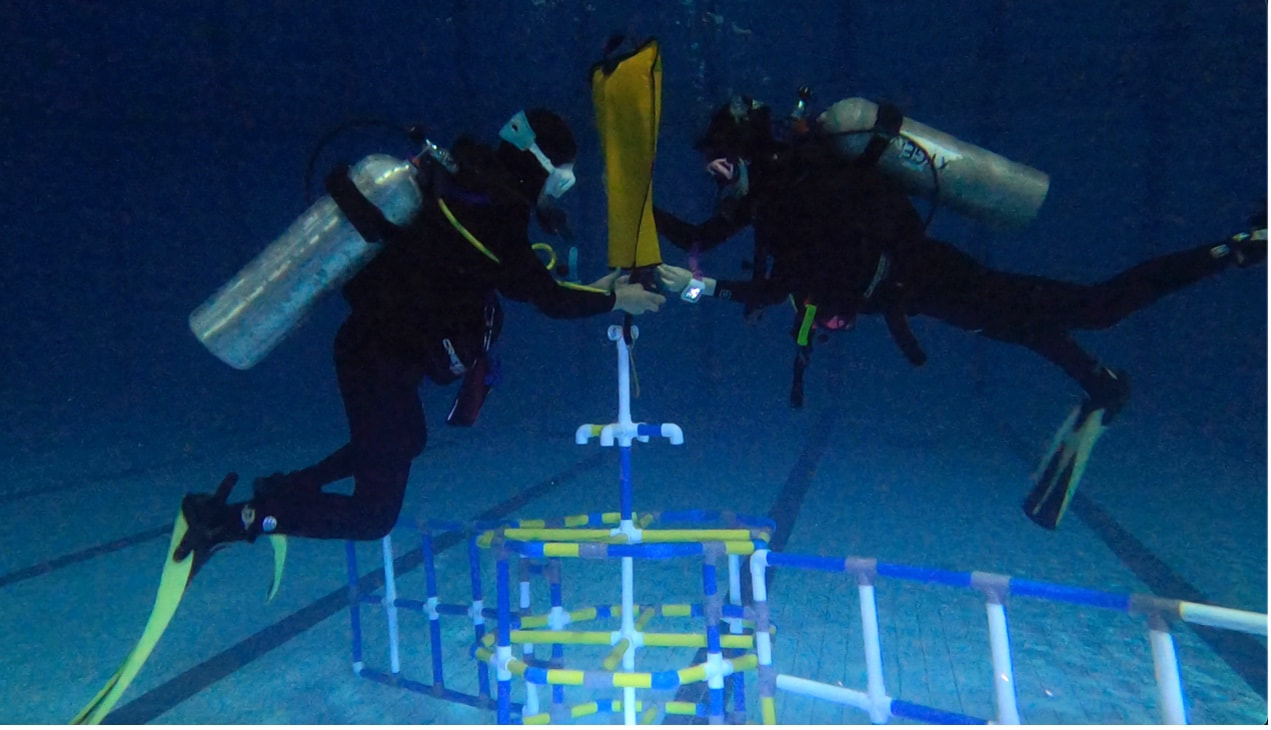
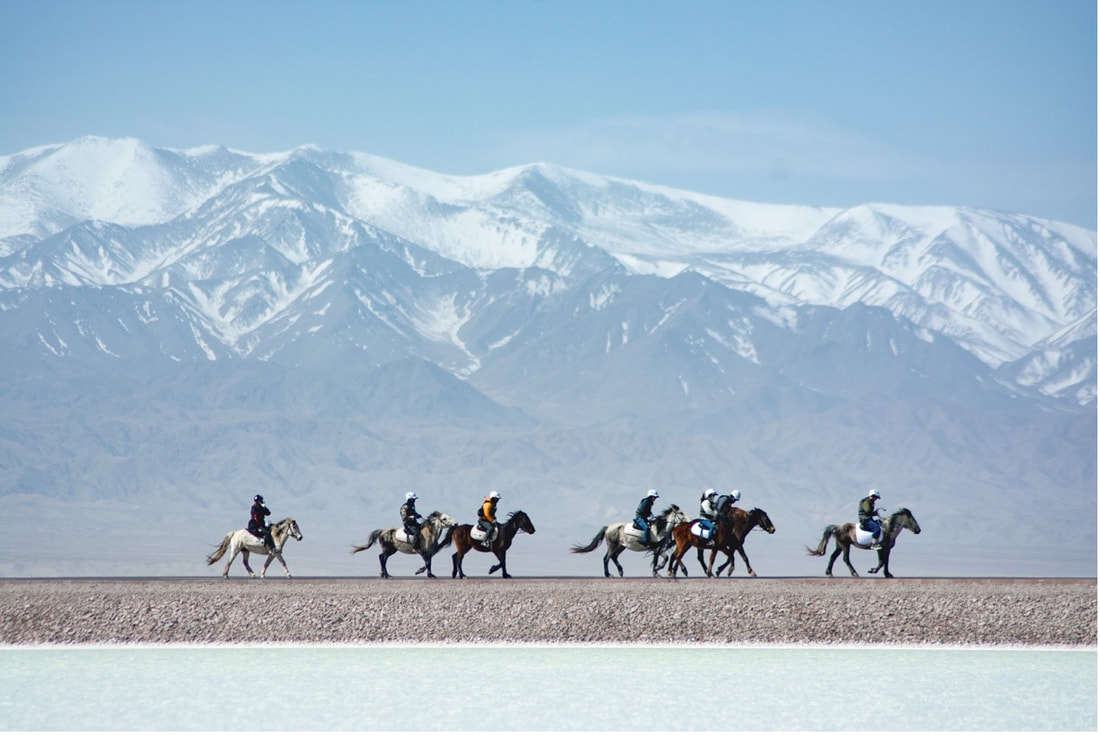
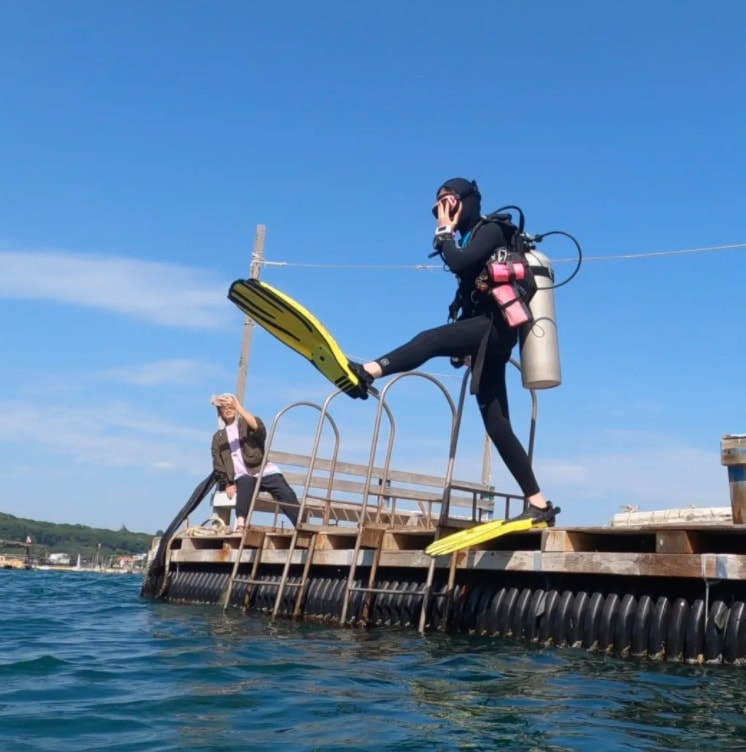
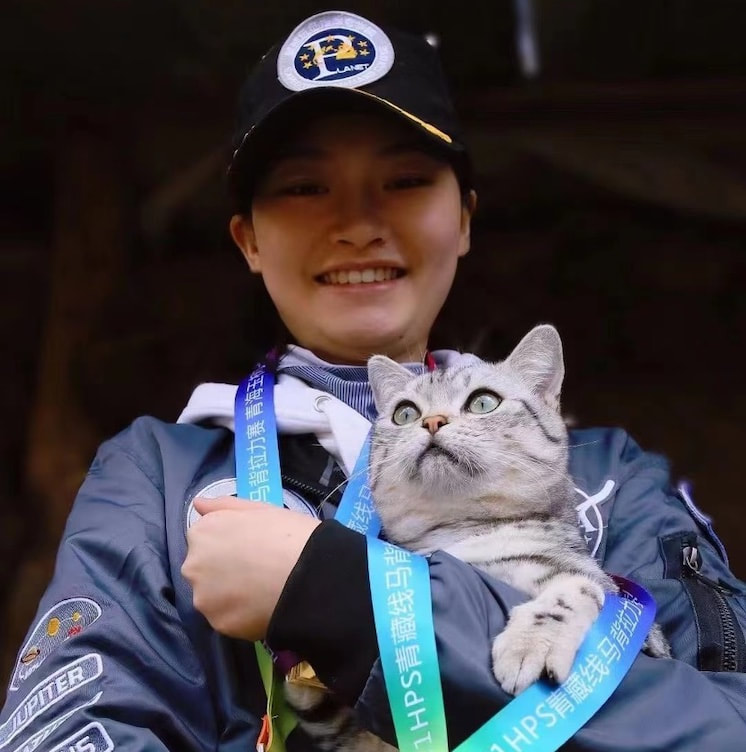
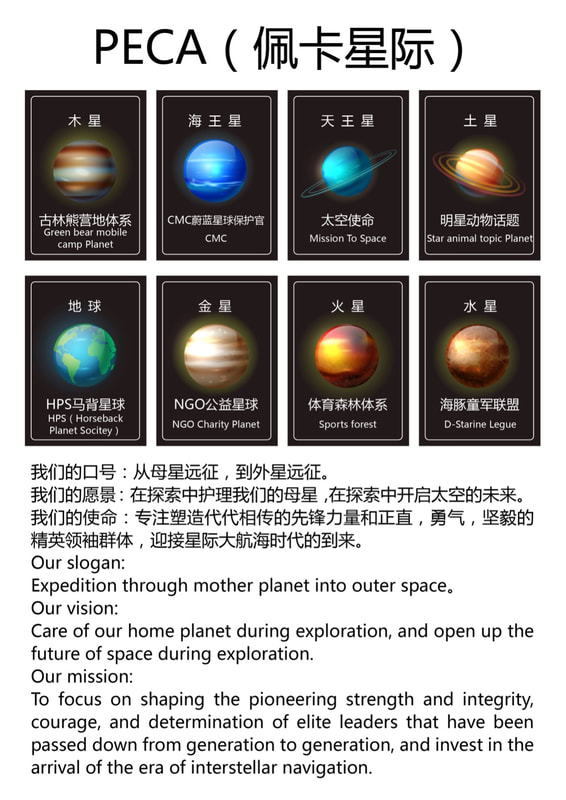

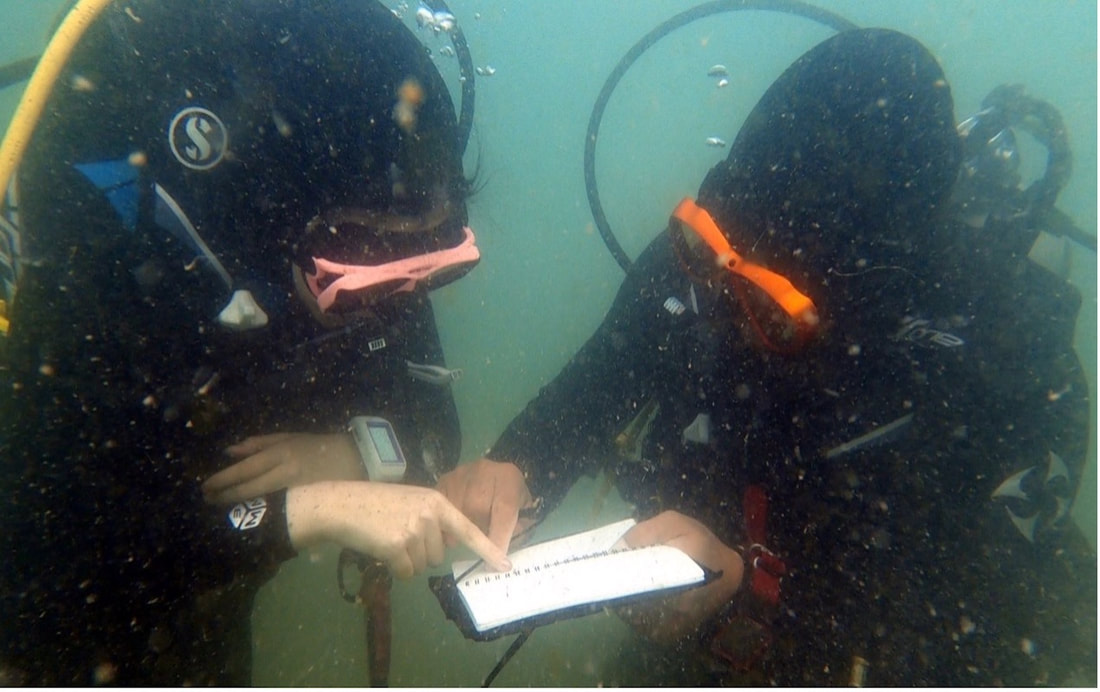
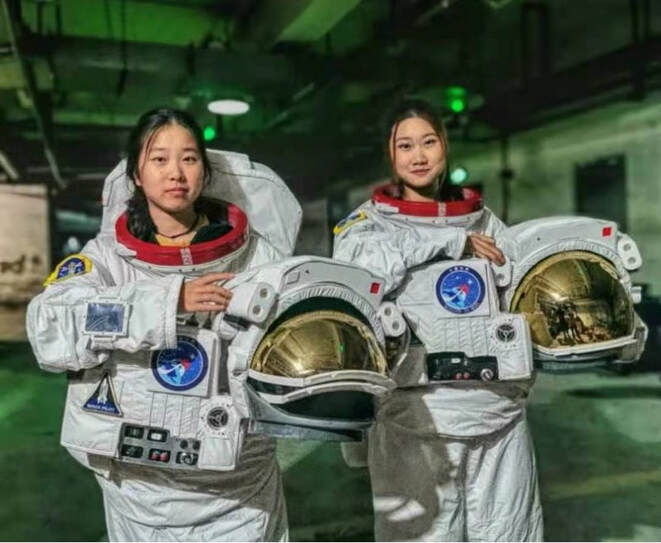
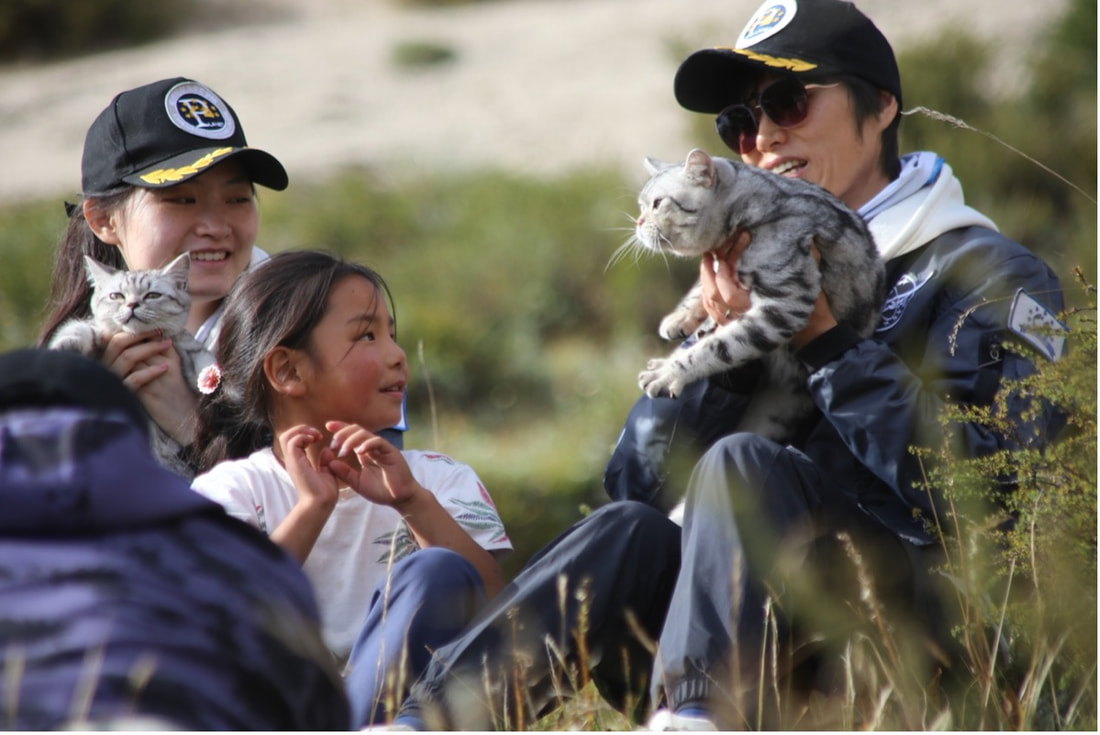
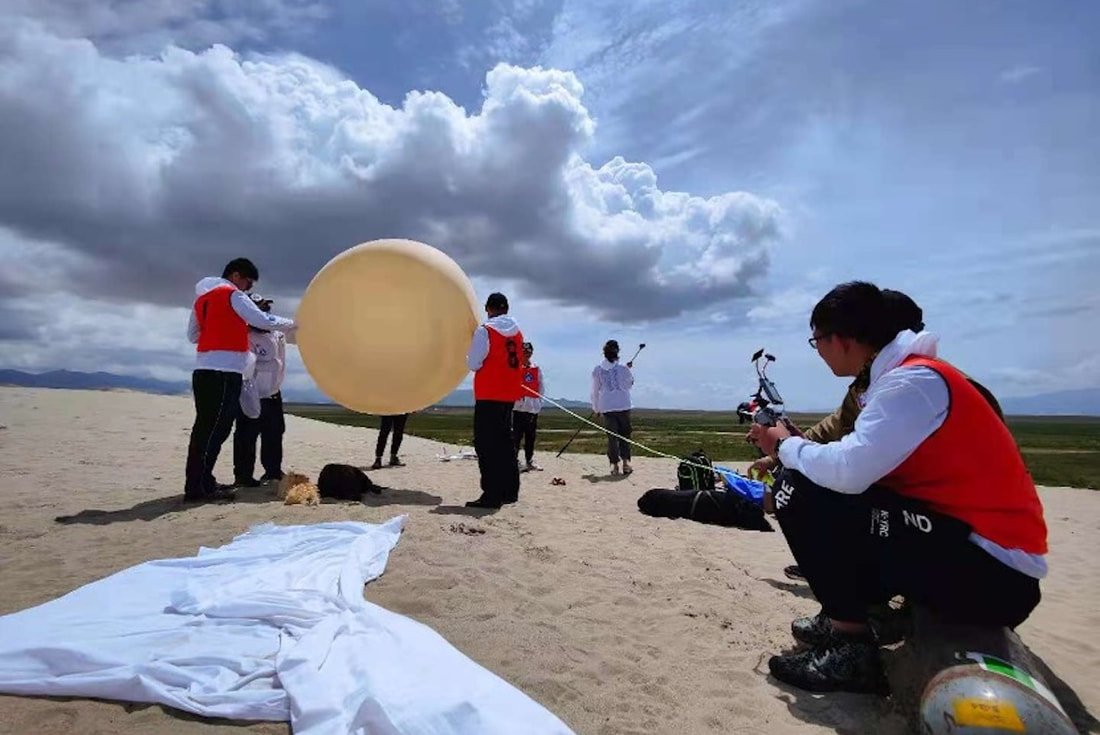
 RSS Feed
RSS Feed